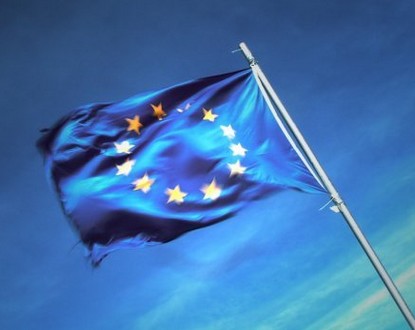The latest statistics on the state of the eurozone economy indicate that, contrary to what politicians have been claiming lately, the crisis is far from over.
Some attribute the economic decline to the austerity policies applied in most countries and are calling for a change of course: the eurozone has become a recession zone, Europe is suffering from its austerity.
The 0.6% decline in the eurozone’s wealth over a quarter is the third largest drop recorded since 1995, in other words, since Eurostat began compiling statistics on the Economic and Monetary Union.
The alarm signals in many countries will force European leaders to act and alleviate the burdens on Portugal, Ireland, and Greece. In Portugal, politicians will also need to speed up economic recovery.
The drop in economic activity is attributed to the fall in public investments, and an alternative is emerging: Brussels needs to be persuaded to adopt a more flexible budgetary approach, now that the economy across the eurozone is leaving much to be desired.
The austerity strategy led by Chancellor Merkel is no longer sustainable, and sooner or later, she will have to change course. The effects of the austerity policy imposed on all of Europe are unsurprising.
Europe needs, like the air it breathes, an economic policy that focuses on growth.
However, daring to speak about the issue of the overvaluation of the European currency, which nullifies all efforts by European countries to revive their economies, is taboo, as was confirmed once again at the recent G20 summit held in Moscow.
For the European Commission, aligned with Berlin’s position, it is just a matter of having patience to see the beneficial effects of austerity.


